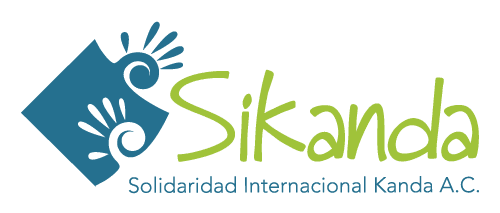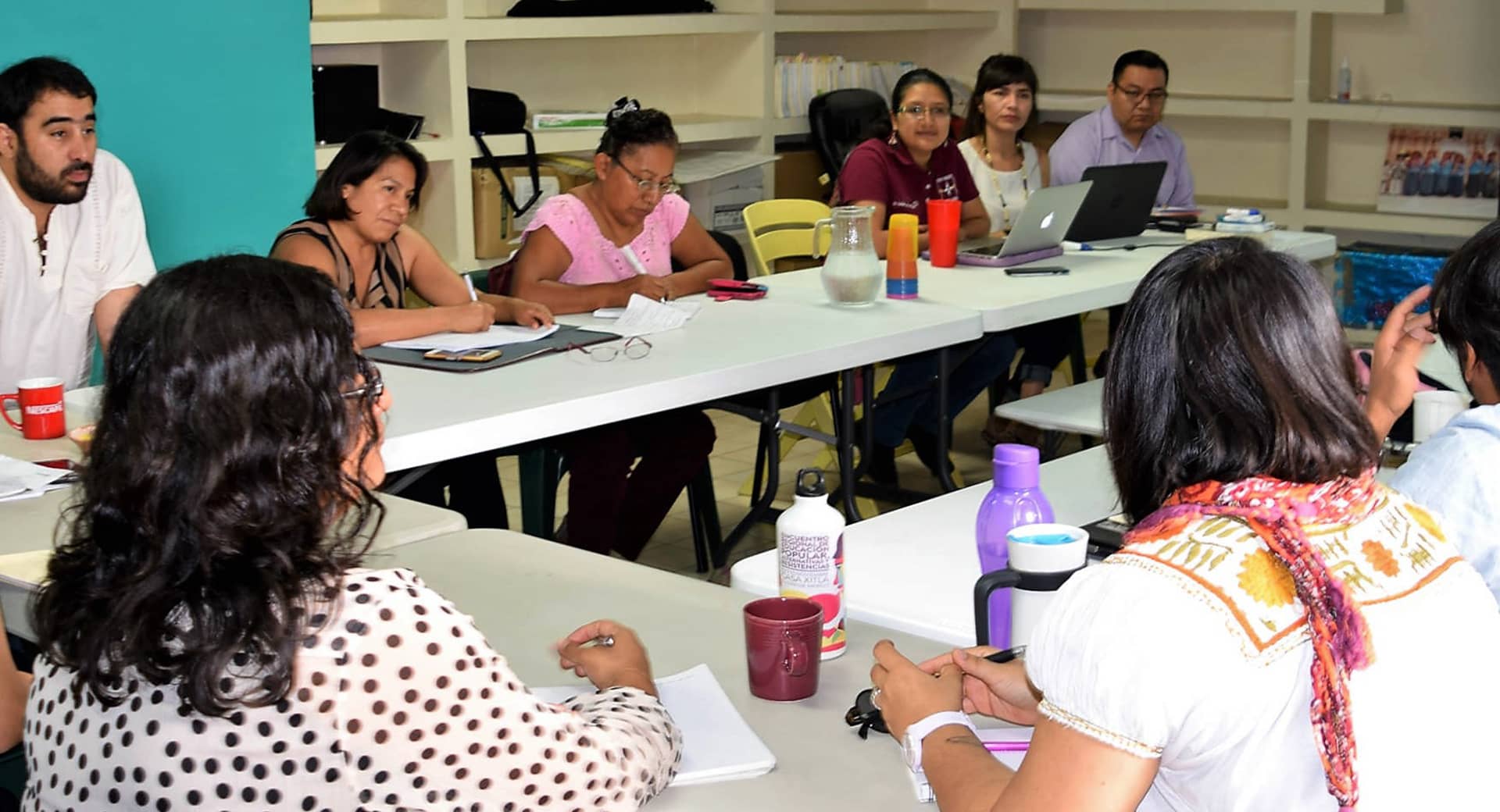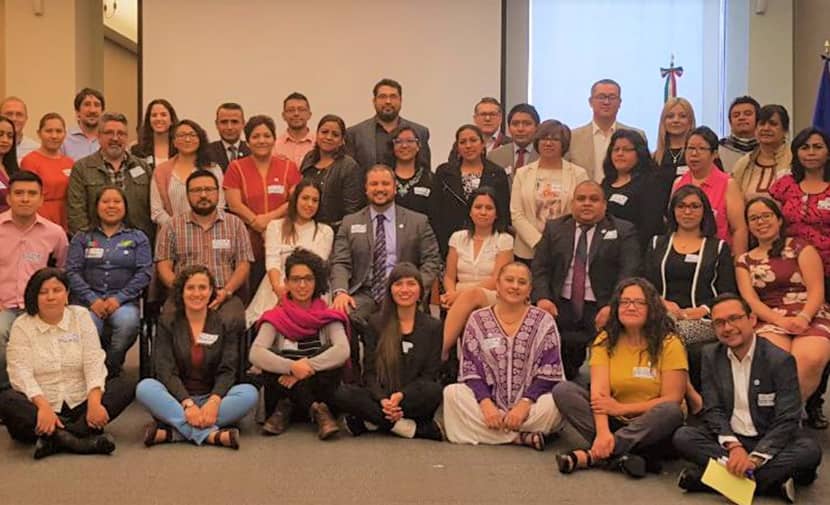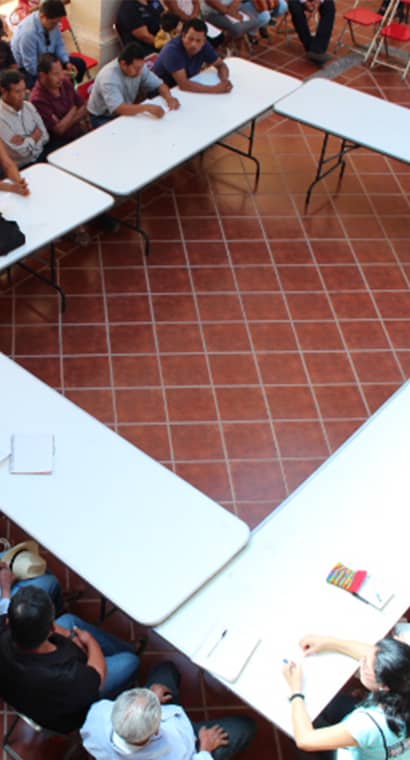Number of participants:
- 62 women and 48 men participating in the diploma
- 55 women and 56 men make up community groups
- 437 women and 330 men participate in meetings
- 23 women and 26 men who piloted projects
- 204 women and 143 men participating in 7 regional forums
- 674 women and 385 men participating in the national congress on Community Governance
Partners and collaborators (operational):
Kanda International Solidarity (SiKanda, main applicant), Indigenous Professional Center for Consulting and Translation (Cepiadet), Diversities and Non-Discrimination (Diversities), Ideas for the Development of an Alternative and Solidarity Economy (Ideas) and Comprehensive Proposal for Sustainability (Proposal ).
Main donors:
Co-financing civil organizations and the European Union within the framework of the Social Cohesion Laboratory II Oaxaca program.
Brief description:
The project “Community and intercultural governance for the exercise of social participation, accountability and human rights in the state of Oaxaca” was implemented for two years facilitating processes aimed at contributing to social cohesion as a strategy to influence participation , transparency and the exercise of rights, recognizing the governance practices of the participating communities and prompting horizontal inter-institutional and inter-sector dialogues. The processes were implemented in phases: strengthening, support and guidance, which made visible the ways in which citizens relate to their ways of governing themselves, the mechanisms in which they make decisions, the strategies used for participation and the devices focused on accountability. Throughout the project, the articulation and collaboration between community [1], municipal, state and citizen authorities was promoted for the sustainability of the actions undertaken, specifically provoking exercises of dialogue, negotiation and mutual influence.
In the project we point out as articulation, the identification and characterization of key actors and advocacy opportunities based on relating them within governance from the intergenerational, intercultural, gender and sustainability approaches. The strategies for articulation were based on those of diagnoses and on the strengthening processes given through two bilingual diplomas in the first year of execution. Subsequently, in the second year, efforts were aimed at fostering collaboration, which was carried out through the application of knowledge (generated from the graduates), the piloting of community projects (generated from the intersectoral articulation) and in the realization horizontal dialogues (from the inter-institutional articulation). It should be noted that, throughout the project, the observance of the exercise of rights was promoted as an essential condition and key impulse to achieve governance in a participatory manner, where the interrelationships between implicit and explicit socio-political norms in the communities were found to sustain social-collective-community life.
Main activities:
The results were directed to the articulation and collaboration since they were built as the findings and the scope of each phase were fed back; that is, the results formed part of the inputs, contents, plans or indices of consecutive activities.
The diagnostic line led to the recognition of the pluralism of governments and governments, accounting for their weaknesses and strengths; Likewise, it gave us the possibility of providing feedback on the government systems in Oaxaca (Internal Normative System and System by Political Parties) based on the differentiated findings and exchanges regarding the way of governing. Finally, the relations between individual and collective rights in cases of violation / vulnerability of the exercise of rights in the participating communities were positioned for interregional public debate.
On the other hand, the diagnostic baseline served as input to prioritize issues, define routes and strategies for the implementation of project activities. Above all, it consolidated the substantive findings of good governance practices in the state of Oaxaca as areas of opportunity for government agencies and the transformation of relations between indigenous peoples and the State. The horizontal dialogue exercises between citizenship-governments made it possible to make visible the scope they have, the articulation and collaboration, to influence and / or transform the unilinear / monocultural way in which public policies are implemented. The inter-institutional dialogues took advantage of the Social Cohesion Laboratory II (LCSII) program to build antecedents that account for the efforts that are required to address the fissures between citizenship-governments, especially with the State. In this vein, the Inter-Institutional Advisory Group was formed with the participation of the Secretariat for Oaxacan Women, the Ombudsman for Human Rights of the People of Oaxaca and the Institute for Access to Public Information and Protection of Personal Data of Oaxaca.
The methodological contributions of the project, regarding the analysis and structuring of the piloted community projects, were based on the logic that the communities practice to build and address public issues; in this way, what was considered to be of public interest was agreed as of community interest. Under this understanding, the problems were identified as unwanted situations, changing their perception of problems to opportunities for resolution-action between citizenship-governments. The structuring of the piloted community projects was carried out based on sizing the incidence or impact, projected, on the life of the community and not only in the attention to the problem. In this way, “unwanted” community situations were assumed as part of the public / municipal agenda because they were identified as community problems, where citizens and their government representatives articulated, debated, made visible and collaborated. The community projects were piloted in the knowledge that the power of action is not only proper to the governmental apparatus but also to the community and citizen sphere.
The piloting of community projects promoted horizontality as a pillar of governance and laid the background for the elaboration of the Inter-institutional Statement on Governance; Likewise, 20% of the municipal public agendas incorporated initiatives from the piloted projects.
The regional meetings and forums promoted inter-community articulations, which generated in the training process with the bilingual regional graduates, led to the recognition of the coincidences in the conditions in which collaborative participation between citizens and government occurs in indigenous and non-indigenous contexts; Furthermore, they made it possible to measure the need and relevance of building intersectoral and intergenerational regional agendas.
